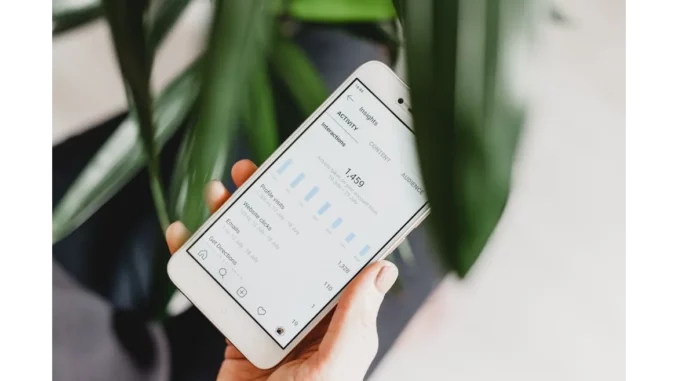
In the rapidly advancing landscape of modern living, the pursuit of optimal health and performance is undergoing a profound transformation. As technology becomes intricately woven into the fabric of our daily existence, the potential for artificial intelligence to deepen our understanding of personal health metrics is becoming strikingly apparent. I recently had the privilege of engaging with Dr. Emily Carter, a distinguished researcher in integrative health sciences, about the burgeoning field of AI-assisted vitals tracking. Her insights suggest a near-future where artificial intelligence could radically alter our approach to personal well-being.
Dr. Carter, renowned for her vibrant enthusiasm and commitment to holistic health, began our dialogue by emphasising the revolutionary possibilities of AI in monitoring our body’s natural rhythms. “Envision a scenario where you can gain insights into your body’s response to everyday stressors simply by analysing your heart rate data,” she remarked with evident excitement. “It’s not merely about monitoring a numerical value; it’s about decoding the intricate symphony of signals that your body continuously emits.” This perspective underscores the potential for AI to move beyond mere data collection to a more nuanced understanding of individual health states.
The discussion naturally progressed to the concept of employing AI to collate and interpret heart rate variability (HRV) data. Dr. Carter elaborated that HRV is a crucial indicator of the autonomic nervous system’s performance. “By harnessing AI to scrutinise this data, we can discern when our body is flourishing and when it may require rest or intervention,” she explained. This capability represents a significant leap forward in personal health management, enabling individuals to make informed decisions about their well-being.
Our conversation seamlessly transitioned into the realm of sleep, a subject of immense significance given its substantial impact on overall health. Dr. Carter noted that while many comprehend the essential role of sleep, few grasp the extent of its influence on physical and mental performance. “AI doesn’t merely track the duration of your sleep; it delves into the quality of your sleep cycles,” she clarified. “It even considers environmental factors, such as room temperature and air quality, providing personalised recommendations to optimise your rest.” Dr. Carter shared her own experience, revealing initial scepticism towards AI-guided sleep analysis. However, after adopting the AI’s recommendations, she experienced marked improvements in her energy levels and cognitive focus.
Beyond sleep and heart rate, our discussion turned to the potential of AI to serve as a personalised health coach. “The aim is to transcend generic advice,” Dr. Carter asserted. “AI can evaluate your unique data and offer specific guidance on diet, exercise, and stress management techniques tailored to your individual needs.” She recounted a pilot study where participants used wearable devices to track their vitals and received AI-generated suggestions for enhancing their daily routines. The outcomes were remarkable, with participants reporting not only enhanced physical well-being but also notable improvements in mood and mental clarity. This personalised approach to health management represents a promising shift towards more tailored healthcare solutions.
While the promise of AI in health is undeniable, Dr. Carter stressed the importance of a balanced perspective. “Technology is a tool, not a substitute for human intuition and empathy,” she cautioned. “It’s about empowering individuals to make informed choices about their health, rather than dictating their lives.” This sentiment reflects a broader understanding of the complementary role technology should play in health management, enhancing rather than replacing human judgement.
As our conversation drew to a close, I inquired about Dr. Carter’s vision for the future of AI in personal health. After a moment of reflection, she expressed optimism about the transformative potential of integrating AI with personal health data. “We stand on the cusp of a genuine revolution,” she observed. “The synergy between AI and health data creates opportunities that were once beyond our imagination. It fosters a feedback loop between mind and body, enabling individuals to thrive in every aspect of their lives.”
Reflecting on our discussion, it becomes evident that the convergence of AI and health data signifies more than a transient trend; it marks a paradigm shift. As we continue to explore this intriguing frontier, the potential for individuals to leverage their body’s data to achieve better health outcomes is both promising and profound. In a world where personal health often competes with other priorities, the promise of AI-driven insights offers a beacon of hope. As we advance, it seems increasingly plausible that these technologies will become indispensable allies in our quest for longevity and optimal performance. With experts like Dr. Carter spearheading this transformation, the future of personal health indeed appears brighter than ever.


Be the first to comment